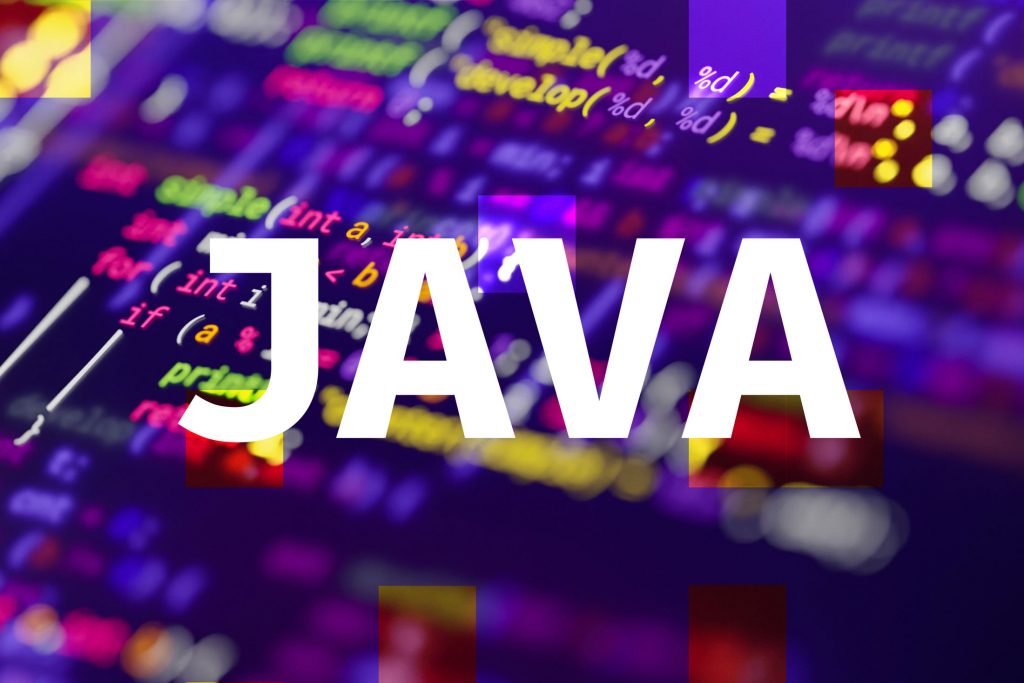
According to a Hackerrank report, Java is among the world’s top-rated programming languages. The language gives young Java developers a natural learning curve, it can handle significant amounts of data and boasts rigid security features. It has made Java web development a fad amongst FinTech enterprises for more than 25 years. Fintech software has become a critical component of the financial services industry, allowing customers to readily access financial products on their own terms while also enhancing operational efficiency. Digital technology continues to revolutionise the way financial institutions operate, and developers work hard to create new applications that can manage workloads previously spread across multiple systems and software.
Document viewing and sharing capabilities are among the most important features for fintech applications. While developers can use a variety of document lifecycle solutions to avoid the difficult task of building those features from scratch, the financial industry faces unique security and compatibility requirements when it comes to selecting integration partners. To fully understand these technical challenges, it’s important to understand the role of Java in the development of today’s fintech applications. We, at FortySeven, have been in the software development market since 2006, providing you with the best IT employees.

How Java became so important to the financial industry
Financial institutions were early adopters of computerised workflows. The first electronic communication network that made it possible to trade financial products outside the stock market floor was introduced in 1969. Computerised order flows became more widespread in the 1970s, with most institutions developing their own in-house systems. Digitisation really took off in the 1980s and early 1990s following the introduction of the Bloomberg terminal and the Financial Information eXhange (FIX) protocol. In the late 1990s, the Nasdaq made it possible to execute securities trades without manual intervention by adopting Island ECN.
Java burst onto the programming language scene in 1995, and its arrival proved to be well-timed. The late 1990s and early 2000s saw extensive mergers and acquisitions in the financial industry, which left many companies struggling to integrate disparate applications and data. Java programming language, with its ability to support multiple platforms (“Write once, run anywhere” was an early slogan used by Sun Microsystems) proved to be an attractive solution to this challenge, and many financial applications were ported into Java. It also helped that Java was easy to use and orders of magnitude faster than legacy code running on outdated platforms.
Within just a few years, Java became the dominant programming language for the financial services industry. Its popularity only accelerated after the release of OpenJDK, a free and open-source implementation of the language, in 2007. By 2011, an Oracle report estimated that over 80% of electronic trading applications and almost all FIX engines were written using Java. Even now, nearly 30 years after its introduction, Java remains the dominant programming language used by financial services, far outpacing other open-source alternatives.
We, at FortySeven understand the significance of Fintech domain, and one of our core expertise is in Fintech market. We’ve developed our own fintech software solution that can be used as SaaS or we can build the one from scratch. Book a free consultation with our expert.
Why the financial industry loves Java
Developers in the financial sector haven’t just stuck with Java for so long out of habit or inertia; Java’s distinctive features make it uniquely suited for the needs of financial applications, both for longstanding enterprise-grade banking systems and innovative new fintech solutions.
Security

It goes without saying that security is always a top consideration in the financial services industry. Banking and trading applications need to have security measures in place to protect financial data and personally identifiable information from unauthorised access. Java makes it easy to restrict data access and offers a variety of memory safety features that mitigate potential vulnerabilities, especially those caused by common programming errors. Oracle also continues to provide regular updates that patch known vulnerabilities and account for the latest cybersecurity threats.
Portability
As a platform-independent language, Java applications can run on almost any device. This has always been a major advantage in the financial industry, but it has proved even more valuable in the age of cloud computing and mobile applications. Developers can use the same code to deploy software in a virtual environment and make it accessible to end-users from their smartphones, computers, or other devices. Java virtual machines also support other programming languages, which further enhances the language’s flexibility.
Reliability
Since Java has been in continuous use for nearly 30 years and enjoys support from a robust development community, it has become one of the most reliable programming languages in the world. Potential instabilities have long since been addressed and there are many developer tools and documentation available to ensure that software is built upon a strong foundation. This is critically important for banking and financial applications, which require high levels of performance paired with fault tolerance.
Java Consider Best For Fintech

You can build a fintech app with clear code, high coverage unit testing, and robust architecture using none other than Java. It is a preferred choice for fintech SaaS architecture because it is one of the most reliable programming languages. It enables the developers to handle any type of issue very easily. Java also renders strong development templates that are very dependable.
You can leverage java to easily operate, maintain, and scale SaaS apps as well as increase its efficiency in terms of operational costs. Java programming language is the perfect choice for the development of fintech products because they require some powerful management tools and java append to provide them. Nowadays, many business operations are automated using Ai and machine learning algorithms so if you too need to create any data-heavy finance project with integrated AI and ML technologies then picking Java is the right choice to make.
Another important reason why fintech developers prefer java is because of the safety of fintech products. Security is a major concern and a non-negotiable aspect of the finance industry. Java is capable of meeting all the requirements using runtime constraints and its built-in security systems such as Java Virtual Machine. Also, Java is a type-safe programming language.
There is no room for type errors in java when it is dealing with data-heavy environments where tons of data need to be processed especially when they are financial records. As I told you, Java being a type-safe language prevents any kind of data misconfigurations from happening. It also makes sure that the right kind of data is used for all the operations.
Fintech companies, short for financial technology companies, differ from regular tech companies in several ways due to their specific focus on providing technological solutions for the financial industry. Here are some key differences:
- Industry Focus: Fintech companies specifically target the financial industry, leveraging technology to offer innovative products and services that enhance financial processes, transactions, and customer experiences. Regular tech companies, on the other hand, cater to a broader range of industries and may not have a specific focus on finance.
- Domain Expertise: Fintech companies possess deep knowledge and expertise in both technology and finance. They understand the complexities and regulatory requirements of the financial sector and design their solutions accordingly. Regular tech companies may have a broader scope of expertise but may lack the specific domain knowledge required for fintech solutions.
- Regulatory Compliance: Fintech companies operate within a highly regulated industry, and they must comply with various financial regulations and standards. This includes data security, privacy, anti-money laundering, and consumer protection regulations. Regular tech companies may not face the same level of regulatory scrutiny in their operations.
- Collaboration with Financial Institutions: Fintech companies often collaborate with traditional financial institutions, such as banks and insurance companies, to offer their solutions or integrate with existing financial systems. They work closely with these institutions to ensure compatibility and meet industry-specific requirements. Regular tech companies may have more diverse collaborations across various industries.
- Customer Focus: Fintech companies prioritize addressing specific pain points and delivering better financial experiences for customers. They often aim to disrupt traditional financial services by providing faster, more convenient, and cost-effective solutions. Regular tech companies may have a broader customer focus and may not be as specialized in addressing financial industry needs.
- Innovation and Disruption: Fintech companies are known for their innovative approaches and disruptive technologies that challenge traditional financial systems. They embrace emerging technologies like blockchain, artificial intelligence, and machine learning to transform financial processes and create new business models. Regular tech companies may focus on innovation in a broader sense across multiple industries.
Being in the fintech market for more than 10 years, we know perfectly how this industry has been transforming, implementing new technologies, AI and ML models. We’ve build our own fintech software solution that can be used as SaaS and our experienced IT developers can build the one from scratch for you. We’ve done thousands of Audits of Fintech systems, and know perfectly what are the threats and how to avoid them. Book a free consultation with our expert to know more.



